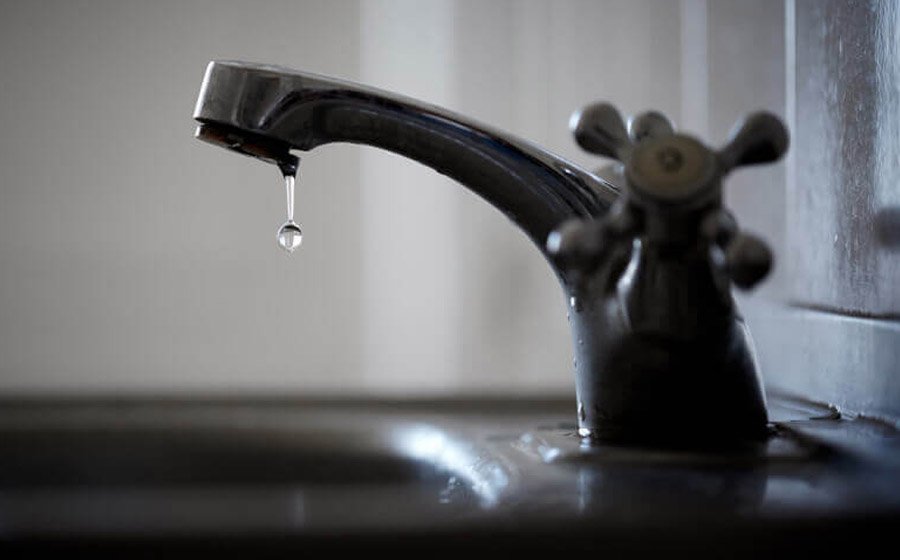Have you noticed an unusual increase in your water bill? You might have a water leak somewhere in your home. Some hidden leaks can result in large discrepancies in your bill, so it’s important to detect and stop any leaks as soon as possible.
This article will show you the best ways to tell if your water is leaking, so you can prevent any damage to your home and reduce your water bills. We’ll go over how to find the leak, how to prevent damage, and when you should call a plumber.
Let’s get into it!
Table of Contents
How To Tell If Your Water Is Leaking
You can tell if your water is leaking in a few key ways. Firstly, you should ensure that all the appliances in your home are turned off. Next, locate your water metre and note down the reading. You’ll want to check this reading again a few hours later when you’re certain no water has been used. If their metre reading has changed, there is a good chance of a water leak somewhere on your property.
Other signs of a water leak include an unexplained increase in your water bill, the sound of running water when all appliances are turned off, and the presence of damp or wet spots on your walls or floors. If you think you have a water leak, it is vital to repair it as soon as possible to avoid costly water damage.
A surefire way to detect a leak is to hire a professional water leak detection service to find and repair the leak for you. This can be very useful if you’re struggling to find the cause of the leak and if you need a water leak repair professional to help fix it.
Why Water Leaks Happen
Water leaks can happen for a host of reasons, and oftentimes, they’re things beyond the homeowner’s control. Some common reasons for water leaks include:
- Ageing or corroded pipes: Over time, pipes can become corroded or weakened, which can cause them to develop holes or cracks. This is especially common in older homes.
- High water pressure: If the water pressure in your home is very high, it can put extra stress on your pipes, increasing the likelihood of leaks.
- Tree roots: If tree roots grow into your pipes, they can cause leaks by blocking the water flow or breaking the pipes. Instances like these will need to be handled by professionals to ensure no further damage to the pipes.
- Clogs: If your pipes become clogged with debris, it can cause water to back up inside and leak out of the pipes.
- Freeze/thaw cycles: In areas with cold winters, pipes can be damaged by the expansion and contraction that occurs as water freezes and thaws.
- Poor installation: If your pipes are not installed correctly, it could increase the risk of leaks. You may need to hire someone to reinforce or re-do your pipes.
What To Do If You Find A Leak
If you find a water leak, you should try turning off the water supply to the affected area. This will help prevent further water damage and stop wasting money on water you’re not using.
You can turn the shut-off valve clockwise until it is fully closed. If you are still looking for the shut-off valve, you may need to turn off your home’s water supply.
Once the water supply is turned off, you can try to locate the source of the leak to patch it up or tell a plumber where it is. Look for wet or damp spots on your walls, floors, and ceilings and any visible signs of damage to your pipes. If you are unable to locate the leak, it is a good idea to call a plumber ASAP before any damage occurs.
In the meantime, you can take steps to minimise water damage. If the water leak is minuscule, you can contain it by placing a bucket or other container under the leak to catch the water. You can also use towels or other absorbent materials like tissues to soak up any standing water.
If the leak is significant or there is standing moisture on your floors, you should consider calling a water damage restoration service to clean and dry the affected area properly. You may also want to call your water provider to explain the situation to them for billing purposes.
Final Thoughts,
If you detect a water leak, the best thing you can do is phone a plumber or pipe specialist for help. It’s always best to minimise the damage as quickly as possible, and calling in a professional can help you do this.
In the meantime, shut off your water supply to prevent driving up your bills.










